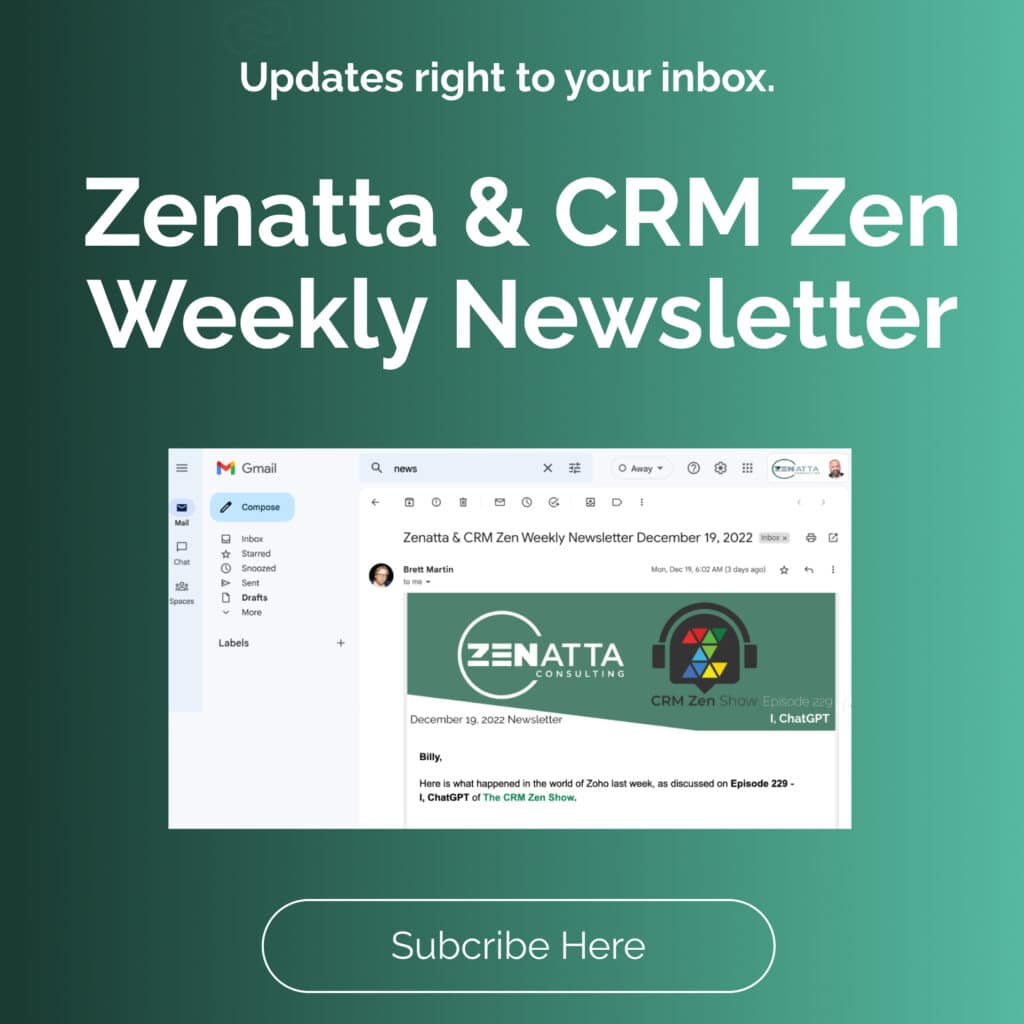Oftentimes, when a start-up is in the process of launching, they will go one of two routes with a website, hire someone or DIY.
The first can be both a great way to go or an expensive mistake depending on the developer hired. Did they choose a platform that can easily integrate the potential connections you need? Are you able to make edits to the site or is it coded where they have to do everything? In fact, there are so many questions to ask yourself to get started we even wrote a blog about it.
Now often times many startups find themselves in a position where they just need a simple site and don’t have the budget necessary to hire a developer so they take on the project themselves. In most cases, they turn to simple site-building solutions such as Wix or Squarespace. Which, if it is your first rodeo, is a simple and cost-effective way to go. However, with these templated page builders you will find yourself very limited in the customization and connections available, which down the road can be problematic as you are looking to expand and grow.
At Zenatta we’re all about saving our clients time and money, doing things better, and doing things more efficiently. Every client website that we work on informs our process for the next. Since 2022 began, one question we’ve been asking ourselves is “how can we offer high design to our clients for a low price?” By high design, we mean a custom-feeling website that feels authentic and tailor-fit to your business.
What is a website template?
A website template is a set of designs that come as a kit. Templates help speed up the process of creating and launching a new website. A template kit will often include several header layouts, footer layouts, a home page template, an internal page template, and a blog template. Some template kits also include pop-ups, landing page templates, and more.
High Design at a reasonable price
Templates provide the value of taking industry best practices and wrapping them into a kit. This takes a lot of the initial legwork out of a website project.
Benefits of Templates
- Reduce Design time at the start of a website project
- Low-cost (templates usually cost $50-$200 and are a 1-time fee at the start of a project)
- Responsive layouts built-in
- Text and color styles built-in
- Reduced quality control testing time at the end of a project
Built to Grow
Need more pages as your business grows? Website templates typically include a library of well-designed page templates and section components that you can pull from at any time.
Flexibility Built-In
When building a website, it’s crucial to make sure it looks great not just on desktop but also on tablet and mobile screen sizes. Website templates typically have already thought about how to re-format sections for smaller screen sizes, meaning less time is spent fine-tuning your design.
Finding the Needle in the Haystack
The main downside of website templates is that they’re a dime a dozen. Thousands of templates exist out there, all claiming to be “The best for X” or “The best for Y”. Let’s say you have a lumber business. By searching for “Best Website Templates for Lumberjacks”, you’re sure to come across one claiming to be the best. The problem? Unless you want your site to look exactly like the theme, modifying it to match your business brand can often be challenging and lack support. Additionally, templated sites often have a lot of unnecessary features and animations that can slow down your site and bog down your search engine rankings.
Here are a few questions to ask when you’re selecting a WordPress template to use for your website:
- How does the website look on tablet and mobile screen sizes?
- How do the internal pages look? (Often, a template’s home page will look amazing, but its internal pages will look plain)
- What support is available, if any?
- How fast does the website perform when you run a GTMetrix and Lighthouse speed test?
Themes that we Use
Over the past year, we’ve switched to Zakra Pro. (We don’t get anything out of saying this…we have found that it works best for our use case and our clients) What we love about Zakra is it includes several demo templates that help us build well-designed client sites fast. Zakra also has great support, has helped us achieve 100% GTMetrix scores on many of our sites, and doesn’t have a lot of the bloat that some things have.
How Zenatta’s Templated Websites work
In 2022, we looked at all of our recent client projects and found common denominators between the design of all of them. We distilled the website designs down to simple templates that we’ve made in-house based on the demos offered by Zakra Pro. We have these in a template library that we pull from for new client projects. Now, instead of having to go searching for a new website template every time we start a project, we are able to pull from our own list and get started faster.
Interested in learning more? Head over to Zenatta Web Services and set up a consultation.



